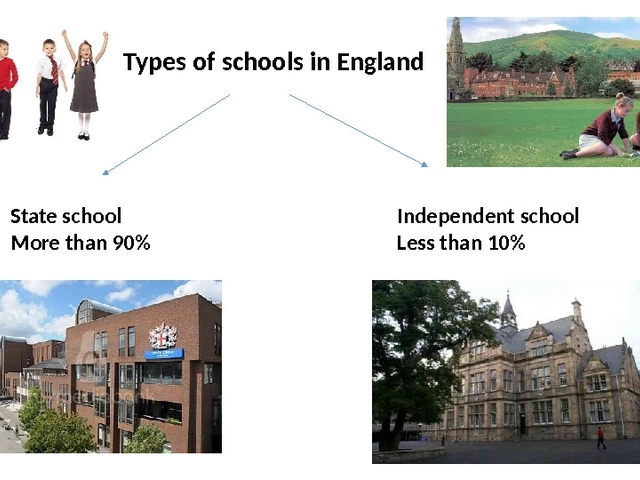
The Dwindling State Support
Let's start by looking at one of the major reasons behind the rising cost of higher education - the dwindling state support. Most of the public universities rely heavily on state funds to operate. Unfortunately, over the years, these funds have been gradually reduced, leaving universities with no choice but to increase tuition fees to cover the gap. This is like a double-edged sword. On one hand, it’s understandable that the government has to balance its budget and higher education is only one of the many sectors it needs to fund. On the other hand, the reduction in state support places a tremendous burden on students and their families.
The High Cost of Running an Institution
Another factor contributing to the high cost of higher education is the expense of running an education institution. The cost involves not only the salaries of professors and administrative staff but also the maintenance of facilities, research funding, and providing student services. Universities are like small cities with their own housing, dining, healthcare, and recreational facilities. All these come at a staggering cost. Unfortunately, these costs are often passed down to students in the form of increased tuition and fees.
The Rising Demand for Higher Education
There's no denying that the demand for higher education has skyrocketed over the years. More and more jobs require a degree, so more people are going to college than ever before. This increased demand allows universities to raise their prices. It's the basic law of supply and demand. When demand is high, prices go up. The fear of being left out in the job market has led many to accept these high prices, further fueling the cost spiral.
The Administrative Bloat
Another significant contributor to the high cost of higher education is what's often referred to as "administrative bloat". This refers to the growing number of administrative staff relative to the number of faculty or students. Over the years, universities have seen an explosion in the number of non-teaching staff, resulting in increased costs. These positions often come with high salaries and benefits, which are ultimately paid for by the students through higher tuition fees.
The Role of Federal Student Aid
Ironically, federal student aid, which is meant to make college more affordable, has been named as one of the factors contributing to the high cost of higher education. The theory is that the availability of federal aid allows colleges to raise their prices, knowing that students can turn to the government for help. This phenomenon, known as the Bennett Hypothesis, has been a topic of much debate among economists and policy makers.
Are There Any Solutions?
The high cost of higher education is a complex issue with no easy solutions. However, there are a few things that can be done to mitigate the problem. For one, states can increase their support for public universities. Institutions can also look for ways to cut costs, such as reducing administrative bloat and improving efficiency. Finally, we need to rethink the way we fund higher education. Instead of relying heavily on tuition, we could explore other funding models that would reduce the financial burden on students and their families.



